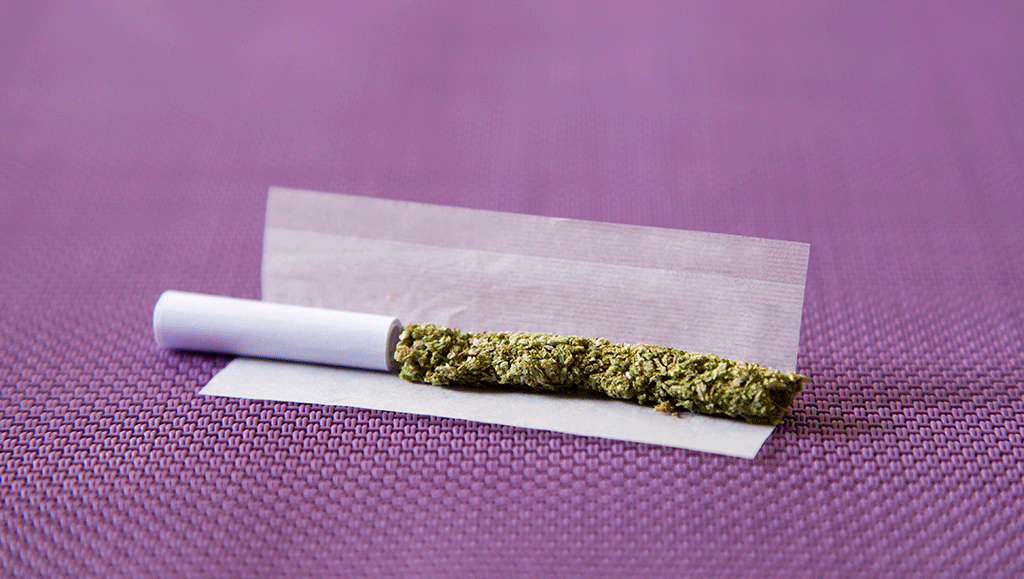Introduction
The demand for software engineers in Europe is soaring, with competitive salaries and benefits drawing talent from around the world. However, it’s crucial for professionals to understand the local drug laws and customs before relocating for a software engineering job. This article aims to provide an in-depth overview of cannabis in Europe.
A study conducted in 2021 at the University of Michigan, USA, shed light on cannabis usage among software developers. Shockingly, the study revealed that cannabis usage is higher among them than the general population:
- Cannabis Usage: Approximately 35% of the surveyed developers reported having tried programming while using cannabis, and 18% currently use cannabis at least once a month during their programming tasks.
- Motivations for Cannabis Use: The primary motivations for cannabis use while programming were to make tasks more enjoyable and to think of more creative solutions. Participants also reported using cannabis to enhance brainstorming, get into a programming zone, and make programming-related tasks less tedious.
- Perception and Acceptance: The perception of cannabis use while programming varied among different groups within the programming community. However, there was no significant difference in cannabis usage between students, employees, and managers. Managers were generally more accepting of cannabis use than employees expected.
- Impact on Workplaces: The findings raise questions about the effectiveness and necessity of anti-drug policies in programming workplaces. While cannabis use is relatively common among developers, there were limited reports of negative impacts on programming work-places. This suggests a potential need for reassessment of existing policies.
Legality of cannabis in different European countries
In some countries, such as the Netherlands, cannabis is legal for recreational use. In other countries, such as the United Kingdom, cannabis is illegal for all but medical use:
🇩🇪 Germany, 🇮🇹 Italy, 🇱🇺 Luxembourg, 🇲🇹 Malta, 🇳🇱 Netherlands, 🇵🇹 Portugal, 🇪🇸 Spain,
🇨🇿 Czech Republic:
- Medical Use: Legal
- Recreational Use: Decriminalized
🇫🇷 France, 🇧🇪 Belgium:
- Medical Use: Limited
- Recreational Use: Decriminalized
🇮🇪 Ireland, 🇦🇹 Austria:
- Medical Use: Limited
- Recreational Use: Illegal
🇬🇧 United Kingdom, 🇭🇷 Croatia, 🇨🇾 Cyprus, 🇩🇰 Denmark, 🇫🇮 Finland, 🇬🇷 Greece, 🇵🇱 Poland, 🇸🇮 Slovenia:
- Medical Use: Legal
- Recreational Use: Illegal
🇧🇬 Bulgaria, 🇪🇪 Estonia, 🇱🇻 Latvia, 🇱🇹 Lithuania, 🇷🇴 Romania, 🇸🇰 Slovakia, 🇸🇪 Sweden,
🇭🇺 Hungary:
- Medical Use: Illegal
- Recreational Use: Illegal
- Legal means that the use of cannabis for the specified purpose is allowed.
- Limited means that the use of cannabis for medical purposes is allowed under certain conditions or for certain medical conditions.
- Decriminalized means that the use of cannabis for recreational purposes is not a criminal offense, but it may still be illegal and subject to fines or other penalties.
- Illegal means that the use of cannabis for the specified purpose is not allowed and is subject to criminal penalties.
Conclusion
Employers are increasingly taking a hard line on drug and alcohol use in the workplace. Many companies have mandatory drug testing policies, and some companies even have pre-employment drug tests. If you are caught using drugs or alcohol at work, you could be fired.
There are a number of things that software engineers can do to avoid drug and alcohol-related problems in the workplace:
- Be aware of the legal status of different drugs in the country where you are working.
- Avoid using drugs and alcohol at work, even if it is legal to do so.
- If you are struggling with drug or alcohol addiction, seek professional help.
- Talk to your employer about your concerns about drug and alcohol use in the workplace.

Leave a Reply